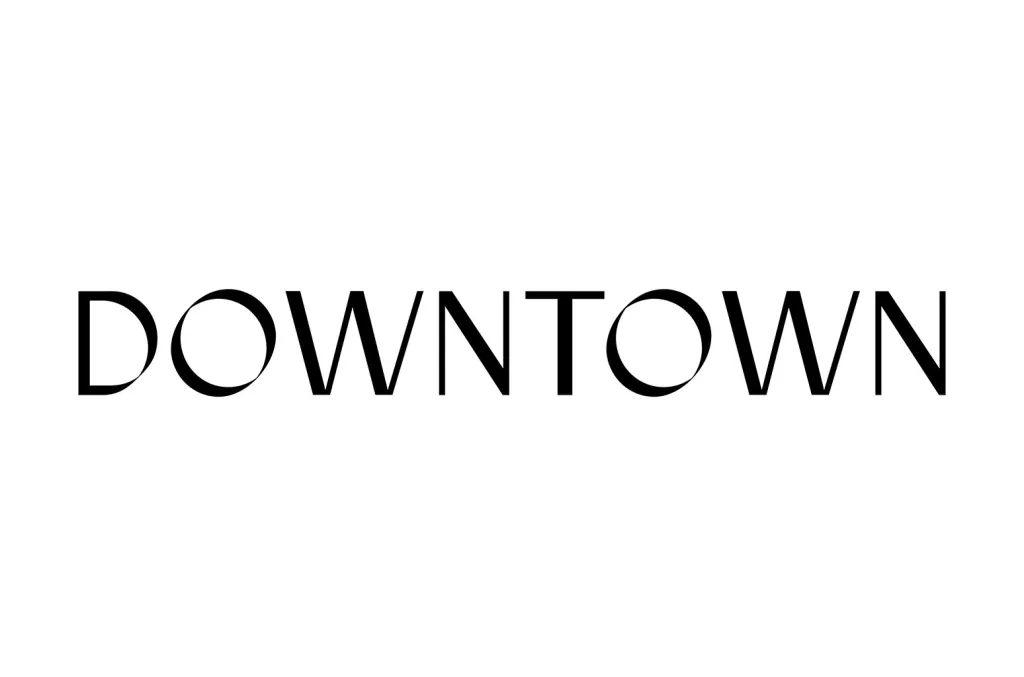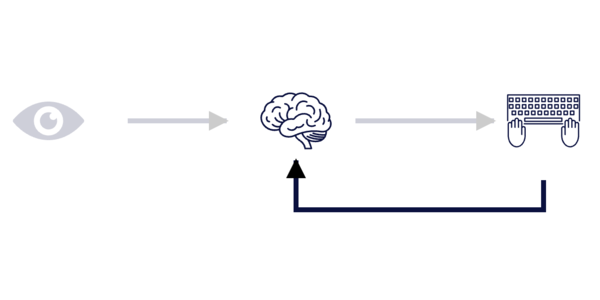Copyright Billboard

A new lawsuit alleges Downtown Music Holdings threw a licensing partner under the bus as a “sacrifice” to lessen regulatory scrutiny of its controversial acquisition by Universal Music Group (UMG). The $375 million complaint, filed on Monday (Nov. 10) in Manhattan federal court, centers on Downtown’s relationship with YouTube music provider Blast Off Media. According to the lawsuit, Downtown unlawfully ended its distribution contract with Blast Off — and destroyed an entire music catalog in the process — over concerns regarding the European Commission’s review of Downtown’s proposed $775 million merger with UMG’s Virgin Music Group. “This case exemplifies precisely the type of conduct that opponents of the UMG/Downtown acquisition warned about: a major-label-owned entity destroying an independent operator’s business when it became inconvenient, using pretextual compliance concerns as cover for bad faith economic motivations,” writes Blast Off’s lawyer, JP Kernisan of Quinn Emanuel. In a statement provided to Billboard on Tuesday (Nov. 11), a Downtown spokesperson said the company properly terminated the Blast Off contract upon realizing that Blast Off’s music catalog was being “widely leveraged to monetize reused or unlicensed content on YouTube.” “We will defend ourselves vigorously against these baseless and frivolous claims,” the Downtown spokesperson added. Blast Off’s business model centers on a library of roughly 800 free backing tracks on YouTube. The company allows creators to add these songs to their videos, then runs advertisements on the content and shares music royalties with the creators. Blast Off signed a distribution deal with Downtown in August, tapping the indie music heavyweight to run point on monetizing its sound recordings and navigating YouTube’s copyright claims process. But Downtown ended the contract after little more than a month in early October amid what it said were concerns about supposed copyright infringement in videos that used Blast Off’s music. However, Blast Off alleges in Monday’s lawsuit that this was an “absurdly disproportionate” reaction to just two user-generated videos that were flagged and quickly dealt with. “Defendants failed to identify any wrongdoing by Blast Off as opposed to by third-party content creators over whom Blast Off has no control [and] ignored Blast Offs extensive good-faith compliance efforts, including proactive identification and removal of problematic content and implementation of Al-powered monitoring systems,” reads the complaint. Blast Off alleges that Downtown’s “true motives” in terminating the contract were tied to regulatory approval of the UMG merger; according to the complaint, Downtown needed to maintain favorable “compliance optics” to get the deal through. “Any issues with its key platform partner YouTube — whether legitimate or not — could negatively impact the acquisition,” writes Blast Off’s counsel. “Downtown preemptively chose to sacrifice Blast Off’s rights rather than work through routine compliance matters out of an abundance of caution to protect its larger financial interests during a sensitive period.” The “catastrophic” result of all this, claims the lawsuit, is that Downtown has since delisted the entire Blast Off catalog from YouTube. This is allegedly depriving Blast Off of more than $40,000 in revenue per day — and worse, the company says, its music library now carries a “permanent stigma” and will never bounce back to its original worth. Blast Off estimates its financial damages to be at least $375 million, citing a $250 million valuation for its catalog before the delisting. The company is accusing Downtown of fraudulent inducement and breach of contract, among a slew of other civil claims. Downtown’s spokesperson denies all of Blast Off’s allegations and maintains that the contract termination was “appropriate and necessary” after they “determined that BlastOff Media’s content was in flagrant violation of YouTube’s terms of service.” According to Downtown’s reps, the issues with Blast Off went far beyond just two YouTube videos, as the lawsuit claims. They say instead that Downtown determined, via a thorough review, that a significant amount of the videos incorporating Blast Off’s music were unoriginal or unlicensed, and that, in some cases, the music was embedded inaudibly, thus monetizing ineligible video content in violation of YouTube’s content policy. “Downtown is proud to uphold the highest trust and safety standards on behalf of our clients, our partners and the broader industry,” said the company’s spokesperson. “This includes our role as one of the founders of the Music Fights Fraud Alliance, which was launched to help combat content abuse, including the parasitic exploitation exemplified by Blast Off Media.”



